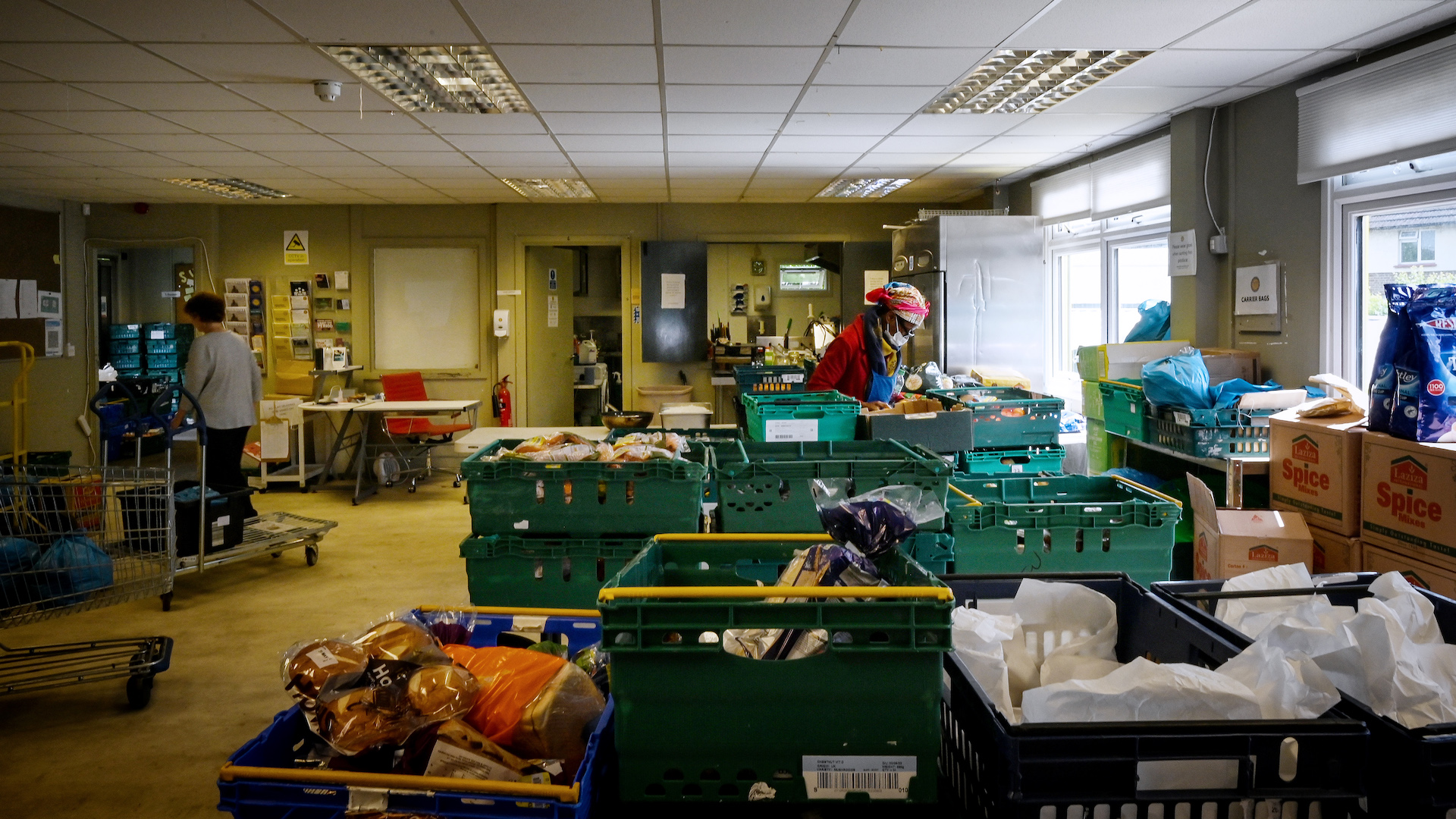Over 14 years, our social security system has been reduced to tatters, the impact of low wages and insecure work ignored, and a worsening housing crisis overlooked. As a result, more and more people have fallen into poverty and destitution, there’s been a meteoric rise in food bank use, and wider food insecurity (the inability to afford food) has soared. At long last, yesterday’s extraordinary election means policy changes are possible. This moment shouldn’t feel bittersweet.
The Labour Party’s manifesto displayed a level of caution that hasn’t given much room for hope in terms of poverty reduction. References to ending reliance on emergency food parcels and reviewing universal credit, commitments on zero-hour contracts and increasing the minimum wage, actions on fuel poverty and the introduction of universal breakfast clubs are, of course, all positive.
Labour’s commitment to establish the 2010 Equality Act’s socio-economic duty could provide a framework to reduce poverty and enact the Right to Food. However, the new government’s pledges didn’t include a strategy and concrete actions to address poverty.
- What does a Labour government mean for benefit claimants and the welfare system?
- The inside story of how Tony Blair’s New Labour all-but ended rough sleeping
Surely, Labour’s first 100 days in power should make the most difference to people who have increasingly been cast aside by a decade and a half of Tory rule. All too often, disabled people have been left to bear the brunt of cruel Department for Work and Pensions policies. For swathes of the population, often living in desperate conditions, there is no more time to lose.

Malnutrition cases, mental health problems linked to financial precarity, and the number of children turning up to school hungry have been on the rise for years. Living in one part of the UK or another will affect your life chances. Attempting to grow the economy while leaving a fifth of the population impoverished surely doesn’t make moral or fiscal sense. 4.3 million children, and a future generation of adults, are living in poverty. These are people who haven’t been able to cast a vote. Their future depends on parents or carers being able to access adequate incomes whether they’re able to work or not.
Unless swift and decisive income-focused actions are taken, food banks and pantries will go on doing their utmost to fill the gap while inadvertently institutionalising charity instead of rights. The reality is that responding to poverty with food parcels has proved to be not only unsustainable but ineffective too. Meanwhile, the food surplus redistribution myth, neatly combining the food waste dilemma with the needs of the food insecure, will inevitably be perpetuated.









